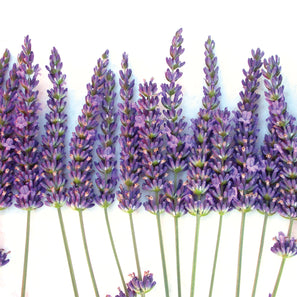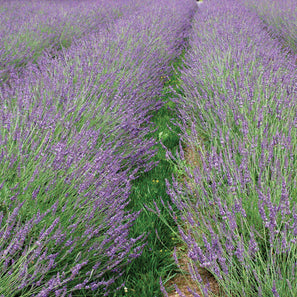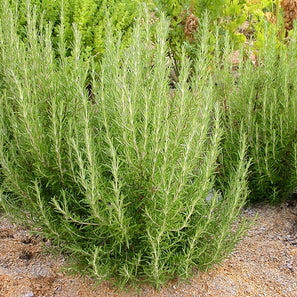KOREAN TEA
Product Description:
Tea plants are ready to ship now in 3 ½ inch pots. Order soon for best availability. Detailed planting information and growing instructions are included with each order and may be obtained below. Available only in the contiguous US.
| Plant Spacing | 10-12' |
| Plant height | 10-12' |
| Hardiness Zone | 7-11 |
| Bearing Age | 1 year |
| Ripening Time | Year-round |
| Pollinator Required | No |
Camellia sinensis
Initial Instructions
After unpacking, allow the plant a few days to gradually acclimate to full exposure. If you are keeping your Tea Plant in a container, re-pot it into any desired pot. If planting in the ground, select a location with well-drained soil, spacing the plants 5-8 feet apart. Tea will prefer a semi protected place of harsh winds or cold.
Cultivation
Water regularly during the first growing season, but do not allow the soil to become soggy. Fertilize lightly early in the season with a well-balanced fertilizer. Prune as needed to maintain shape and train the plant as desired. For plants in the ground, mulch well in autumn to protect the roots, favor a semi protected area avoiding late day sun. A natural understory tree, tea can tolerate shade and will scorch in too much direct heat when young. In areas colder than zone 7a, bring plants indoors to a bright window or into a greenhouse during the winter months.
Pests & Diseases
Tea plants are generally not bothered by pests or diseases.
Soil Type
Standard potting soil in containers or well-drained soil in the ground. Tea plants prefer acidic soil, pH range of 4.5 to 6 pH is optimal.
Light Requirements
Morning sun to part shade.
Hardiness
Zone 7 (10ºF).
Bloom Time
Late spring to early summer - possibly a second bloom in the fall.
Harvesting
Pick tender, young shoots with 2-3 leaves.
Tea Preparations:
● Green Tea is made from steamed and dried leaves. Allow surface water on the leaves and shoots to dry in the shade for up to a few hours. Steam the leaves in a vegetable steamer for less than one minute, or roast in a hot cast iron skillet for a few minutes. This process is called "sha qing" (killing out) in Chinese; the oxidizing enzymes are killed by the heat. Dry the leaves in an oven set at 250ºF for 20 minutes. This step stops fermentation and removes any moisture in the leaf, so it won't mold. Your green tea is now ready to enjoy!
● Oolong Tea is made from partially fermented leaves. Spread a thin layer of freshly picked leaves in the sun until they wilt (30 minutes to one hour depending on temperature). Bring them indoors and allow them to wither at room temperature, gently agitating them every hour by hand. This process causes the edge of the leaf to turn red and the moisture content to drop about 20%. These processes cause biochemical and enzymatic reactions, which in turn produce the unique aroma and colors found in Oolong teas. Dry the leaves in an oven set at 250ºF for 15-20 minutes. This stops the enzymatic process. Enjoy your Oolong Tea!
● Black Tea is made from leaves that have been fermented then dried. Allow freshly picked leaves to dry on racks for 10-20 hours, bringing down the internal moisture of the leaf to between 60% and 70% of the original moisture. This step makes the leaf more pliable for the next step. Bruise the leaves by rolling in your hands or crushing them until they are darkened and crinkled, allowing the fermentation process to begin. Continue until the leaves turn a bright, copper penny color. Allow the leaves to ferment by placing them in thin layers on a tray in a shady location. After 2-3 days dry the leaves in an oven set at 250ºF for 20 minutes. This step removes all the water in the leaves and stops the fermentation process. It also seals in the flavor. Store tea in an airtight container.






